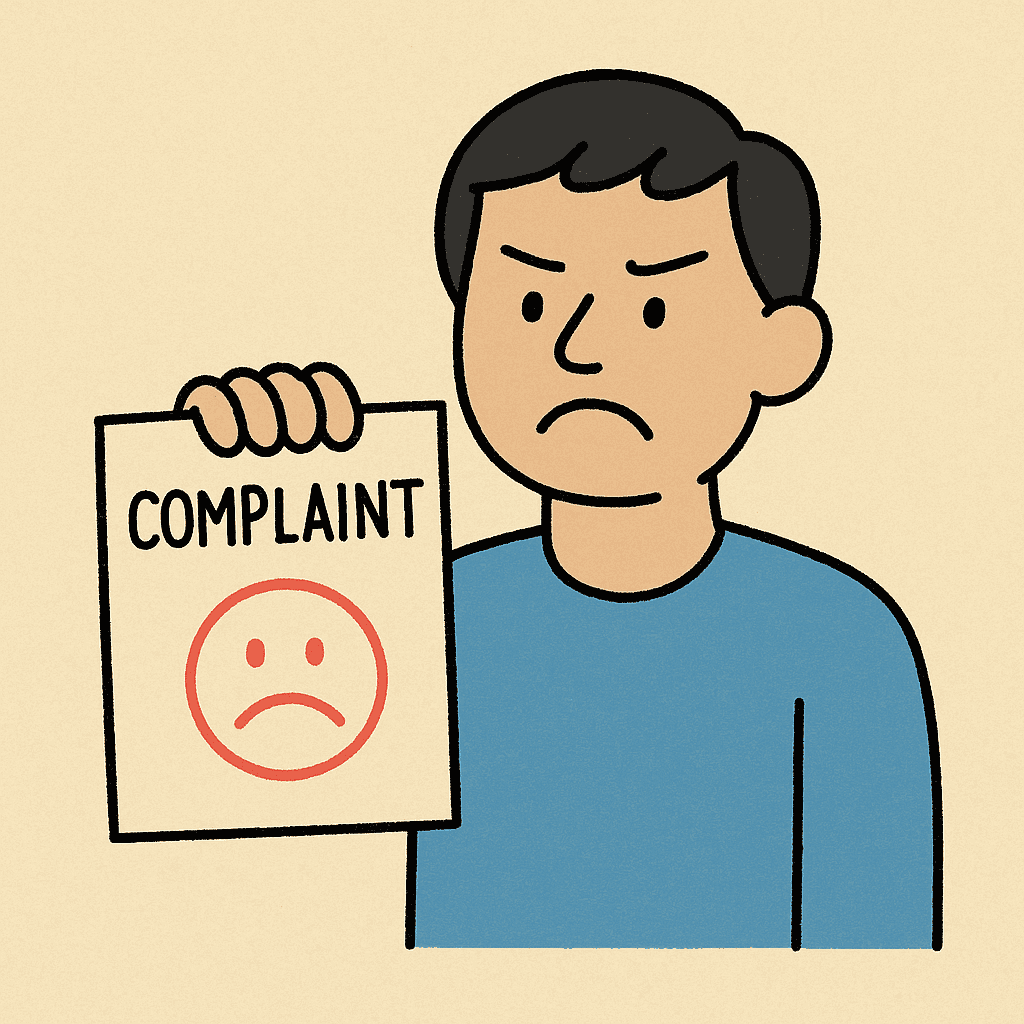Meaning
- Grievance is a noun that refers to a complaint, concern, or feeling of unfair treatment, often in the workplace or within an organization.
- It can also mean a cause of distress or a reason for dissatisfaction.
Grammar and Usage
-
Part of speech: Noun
-
Common structures:
- “file a grievance” (submit a formal complaint)
- “have a grievance against” (hold a complaint about someone/something)
- “air one’s grievances” (express dissatisfaction openly)
Common Phrases
- File a grievance – make an official complaint.
- Grievance procedure – a formal process for handling complaints.
- Personal grievance – individual complaint about unfair treatment.
- Air grievances – publicly express complaints.
Collocations
- Adjectives + grievance: legitimate grievance, long-standing grievance, minor grievance, personal grievance
- Verbs + grievance: express grievances, file grievances, address grievances, resolve grievances
Examples
- The employee filed a grievance against the manager for unfair treatment.
- He had a long-standing grievance about being overlooked for promotion.
- The union is addressing the grievances of its members.
- She aired her grievances during the meeting.
- The company has a grievance procedure to handle staff complaints.
- Their main grievance was the lack of proper safety equipment.
- Minor grievances can sometimes lead to major disputes if ignored.
- The court ruled that his grievance was legitimate.
Synonyms or Related
- Complaint
- Protest
- Objection
- Dissatisfaction
- Injustice
- Dispute
